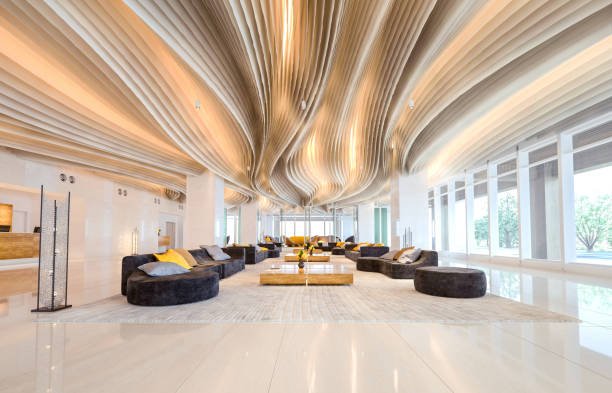Introduction
The hospitality industry is undergoing a rapid transformation. With evolving technology and rising guest expectations, businesses must adapt quickly to stay competitive. At Hospitality, innovation is not just about keeping up it’s about leading the change and detail discussion about future of hospitality.
As we look toward 2025, understanding what modern travelers want is key for hotels and hospitality providers aiming to exceed expectations and create unforgettable experiences.
1. Hyper-Personalization Is the New Standard
One-size-fits-all service is no longer enough. Today’s guests expect experiences tailored to their preferences:
- Room temperature, lighting, and entertainment customized to individual tastes
- Dining recommendations based on dietary restrictions or past choices
- Personalized greetings, loyalty perks, and post-stay follow-ups
Hotels that master hyper-personalization not only enhance guest satisfaction but also increase repeat bookings and loyalty.
2. Mobile-First Everything
Modern travelers manage every aspect of their trip from smartphones. Hospitality providers must adapt with mobile-first solutions:
- Quick and seamless room bookings
- Digital check-in and check-out
- Using mobile phones as room keys
- In-app or WhatsApp front desk support
Mobile-first operations improve convenience, reduce wait times, and cater to tech-savvy guests.
3. Sustainability Influences Choice
Eco-conscious travelers now consider environmental and social responsibility when selecting accommodations. Key expectations include:
- Use of renewable energy
- Reduction or elimination of single-use plastics
- Supporting local communities and businesses
Sustainable practices not only appeal to modern travelers but also enhance brand reputation in an increasingly eco-aware market.
4. Work-Friendly Stays for Remote Travelers
The rise of remote work and digital nomads has created demand for work-friendly accommodations:
- Fast and reliable Wi-Fi
- Quiet spaces for focus and productivity
- Meeting rooms or collaborative lounges
- Flexible packages and long-stay rates
Hotels that cater to working travelers create opportunities for longer bookings and a loyal guest base.
5. Authentic Local Experiences Matter
Travelers today want more than a place to sleep they want to connect with the destination. This includes:
- Immersion in local culture, cuisine, and traditions
- Unique property designs that break away from cookie-cutter rooms
- Stories behind the business or community involvement initiatives
Providing authentic experiences enhances guest satisfaction and encourages positive reviews and referrals.
Conclusion
The hospitality industry in 2025 is defined by hyper-personalization, mobile-first experiences, sustainability, work-friendly stays, and authentic connections. Businesses that embrace these trends will not only meet modern travelers’ expectations but also position themselves as leaders in the evolving market.
Adapting to these shifts requires investment in technology, staff training, and thoughtful property design but the payoff is clear: increased guest satisfaction, loyalty, and market relevance.
Frequently Asked Questions (FAQ)
1. What do modern travelers expect from hotels in 2025?
Modern travelers expect personalized experiences, mobile-first services, sustainable practices, work-friendly accommodations, and authentic local experiences that connect them to the destination.
2. How can hotels offer hyper-personalized services?
Hotels can use guest data to tailor room settings, dining options, loyalty perks, and follow-up communications based on guest preferences and past behavior.
3. Why is mobile-first technology important in hospitality?
Mobile-first technology enables guests to book, check-in/out, access room keys, and communicate conveniently, enhancing the overall guest experience and operational efficiency.
4. How does sustainability influence guest decisions?
Eco-conscious travelers increasingly choose hotels that use renewable energy, reduce plastic, and support local communities, making sustainability a key factor in bookings.
5. What does it mean to provide authentic experiences?
Authentic experiences allow guests to engage with local culture, food, and stories, providing meaningful travel memories rather than just a place to stay.

